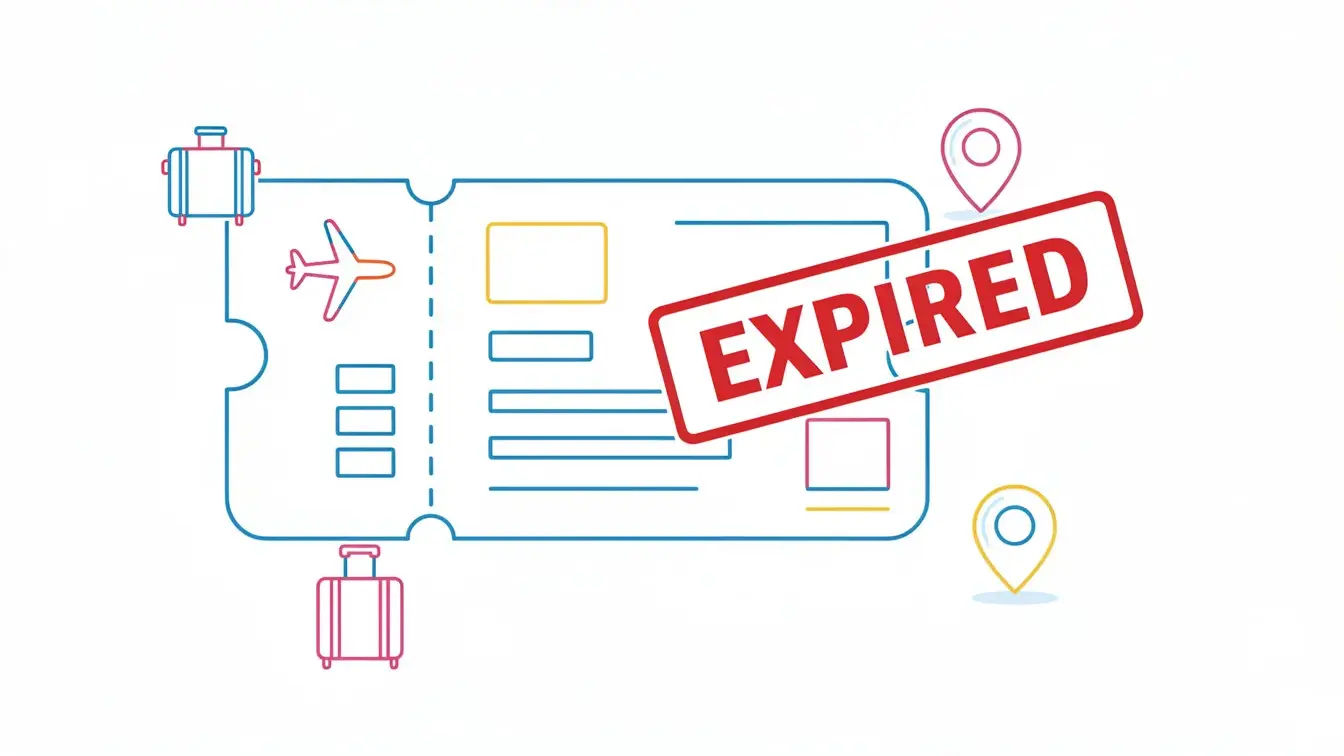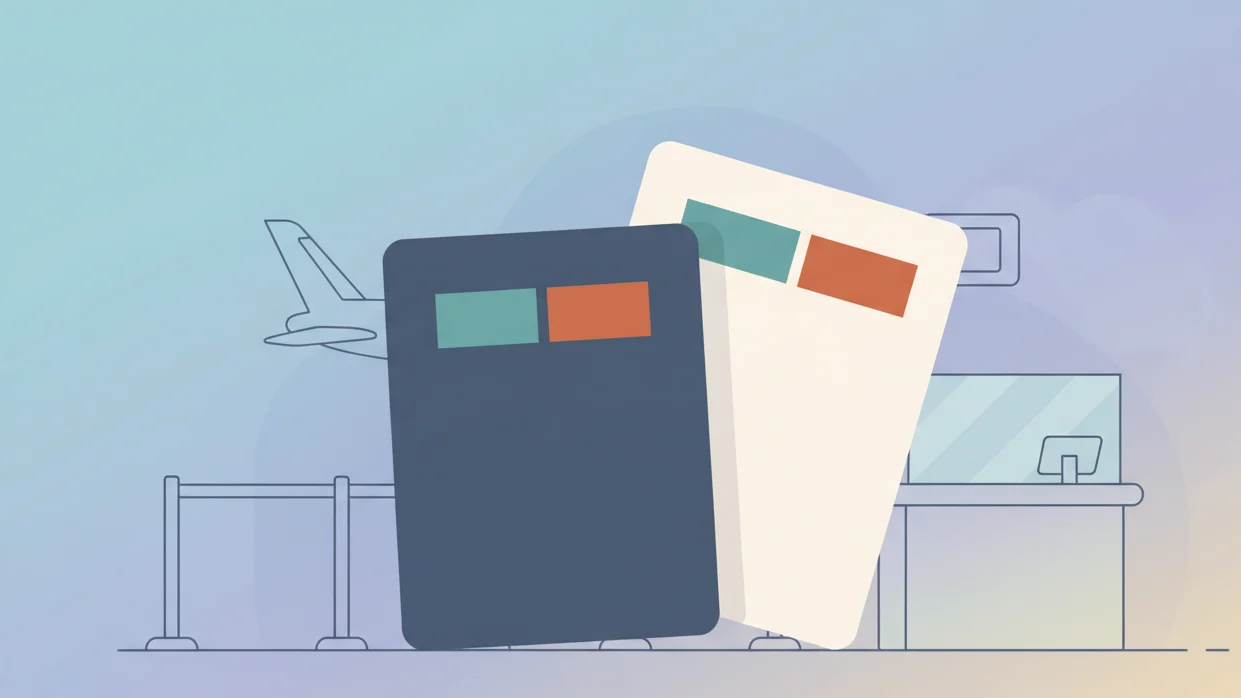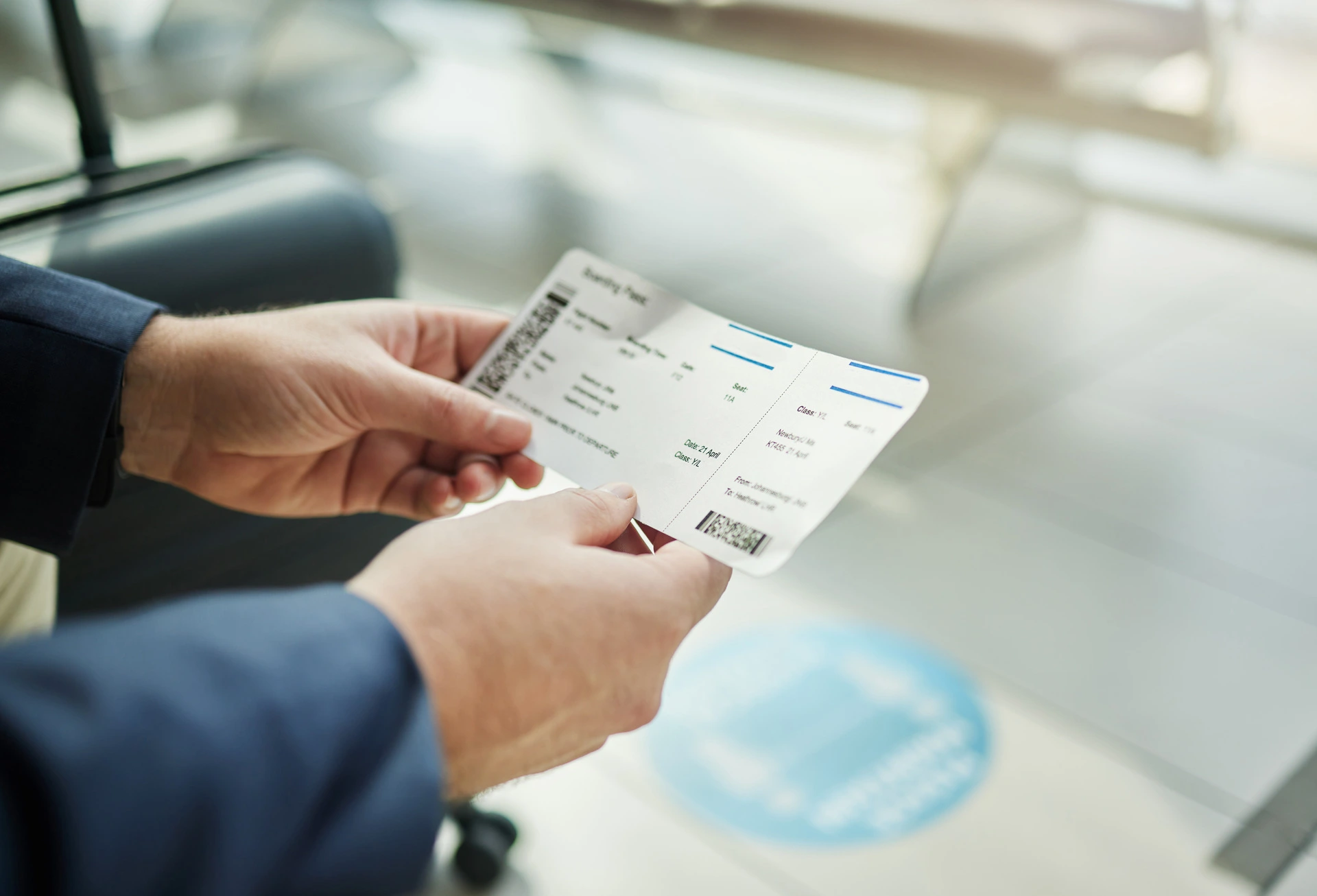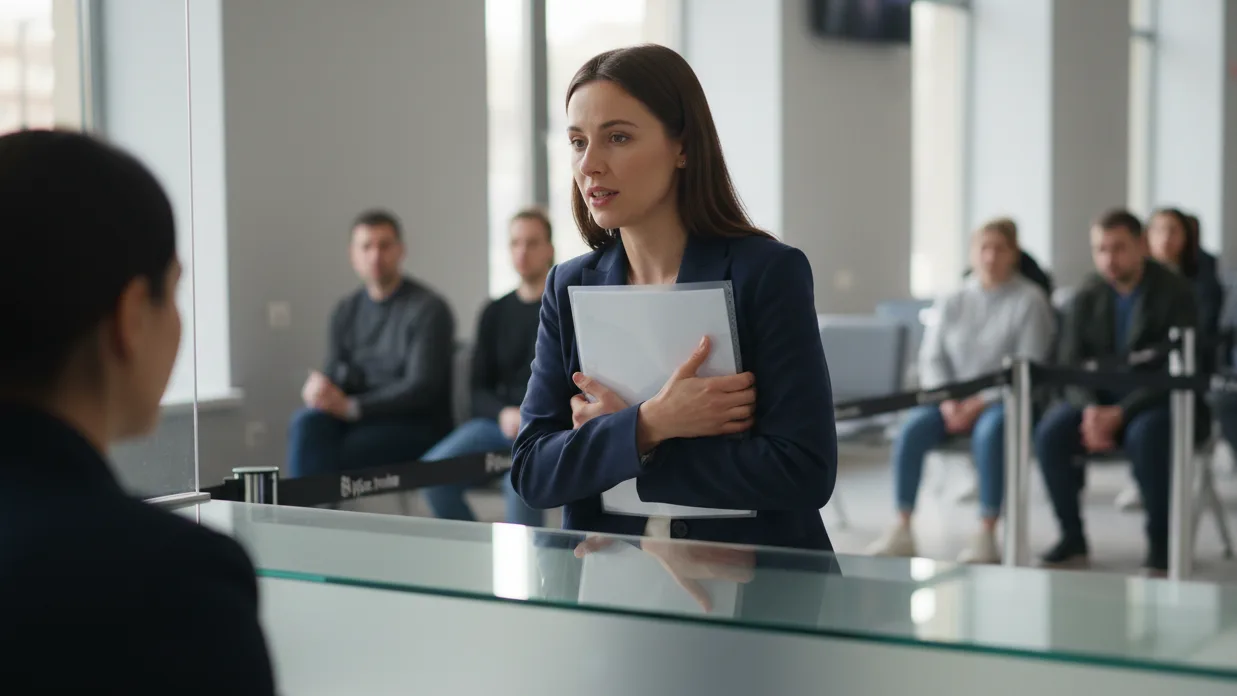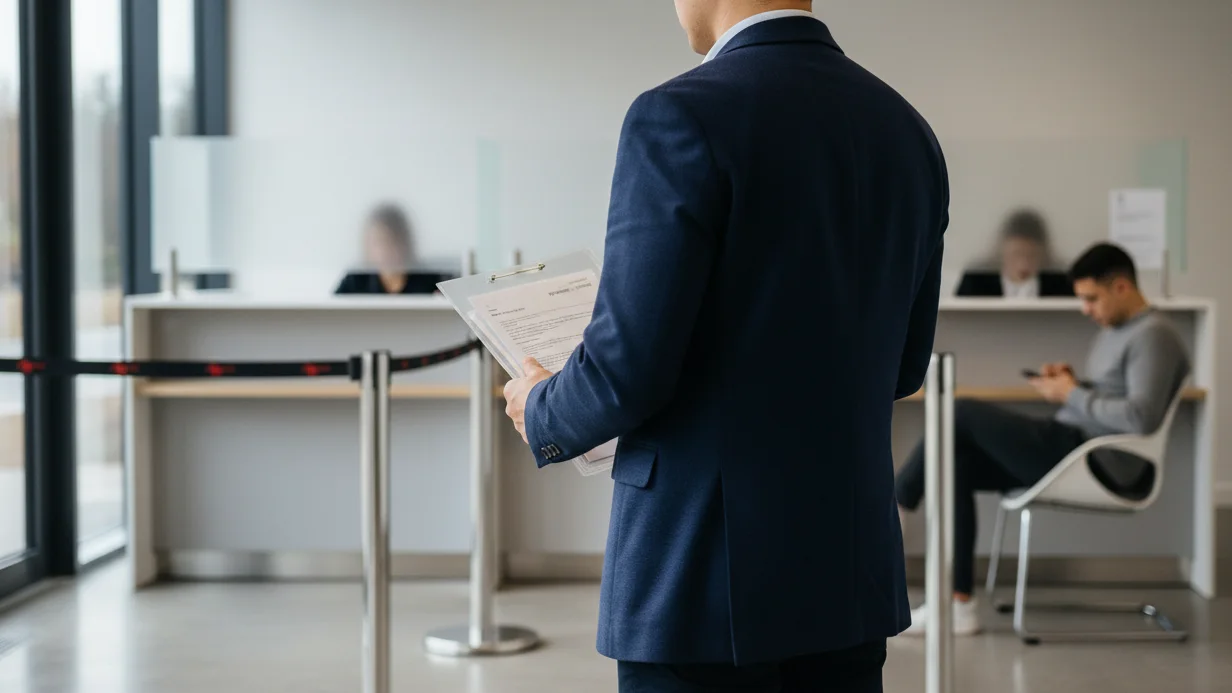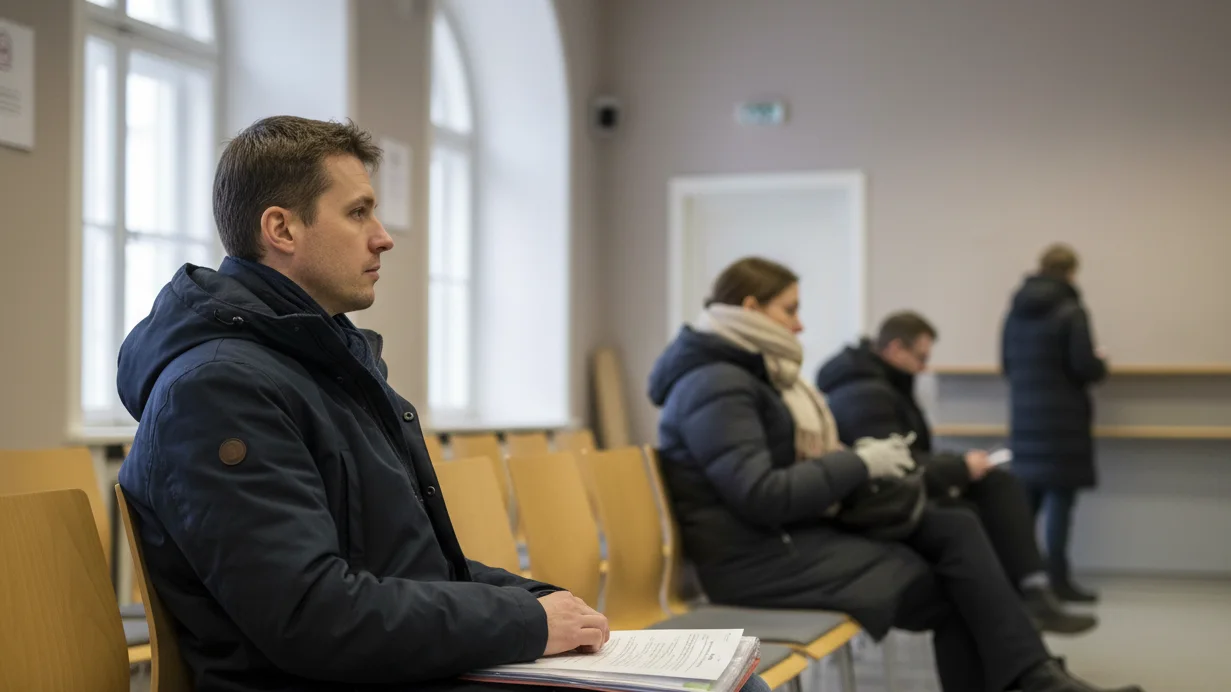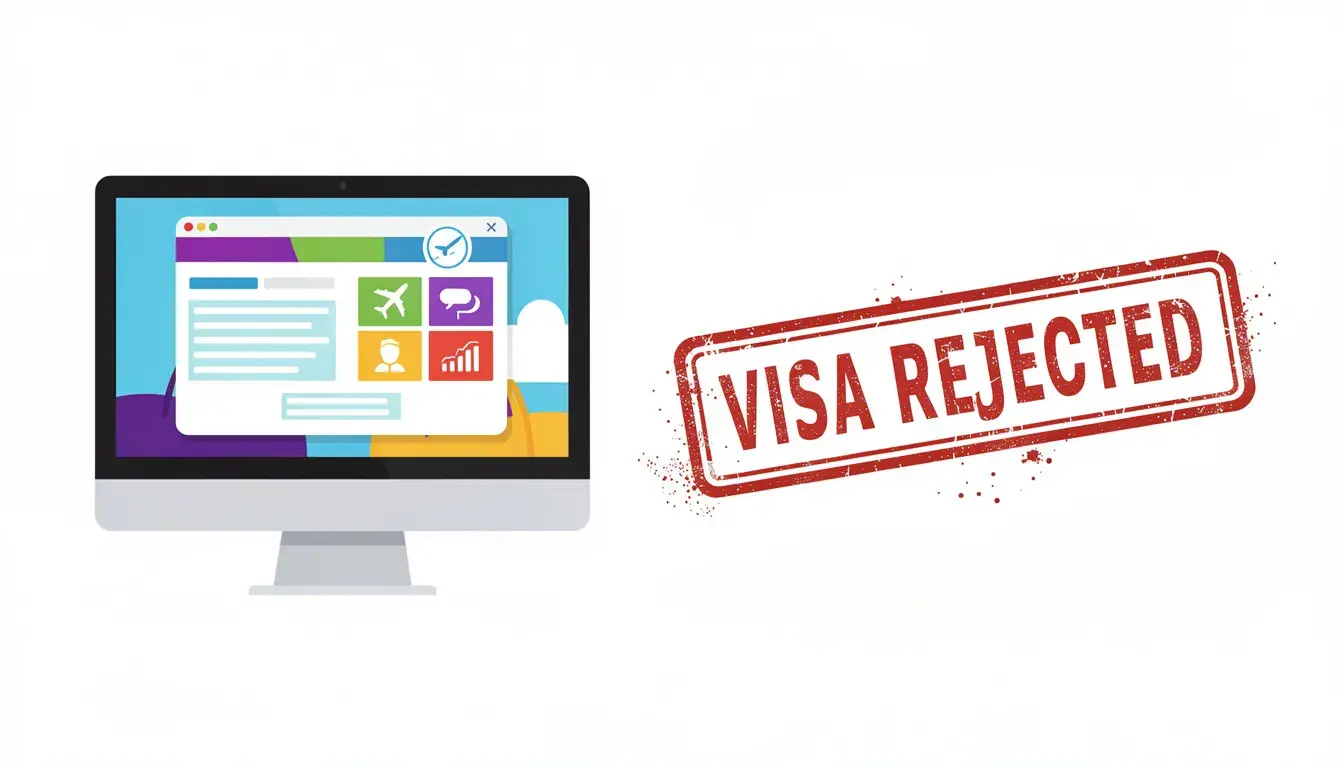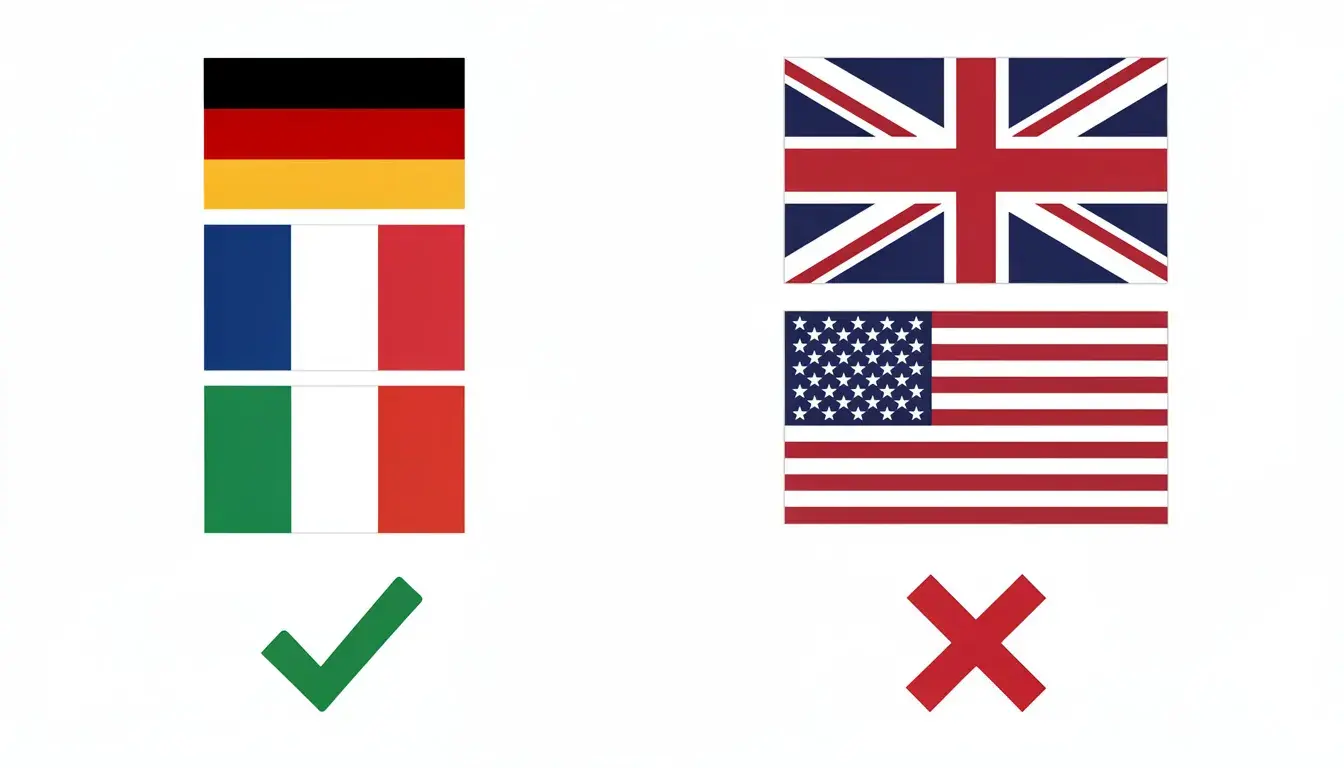Why Embassies Need a Dummy Ticket for Visa Proof
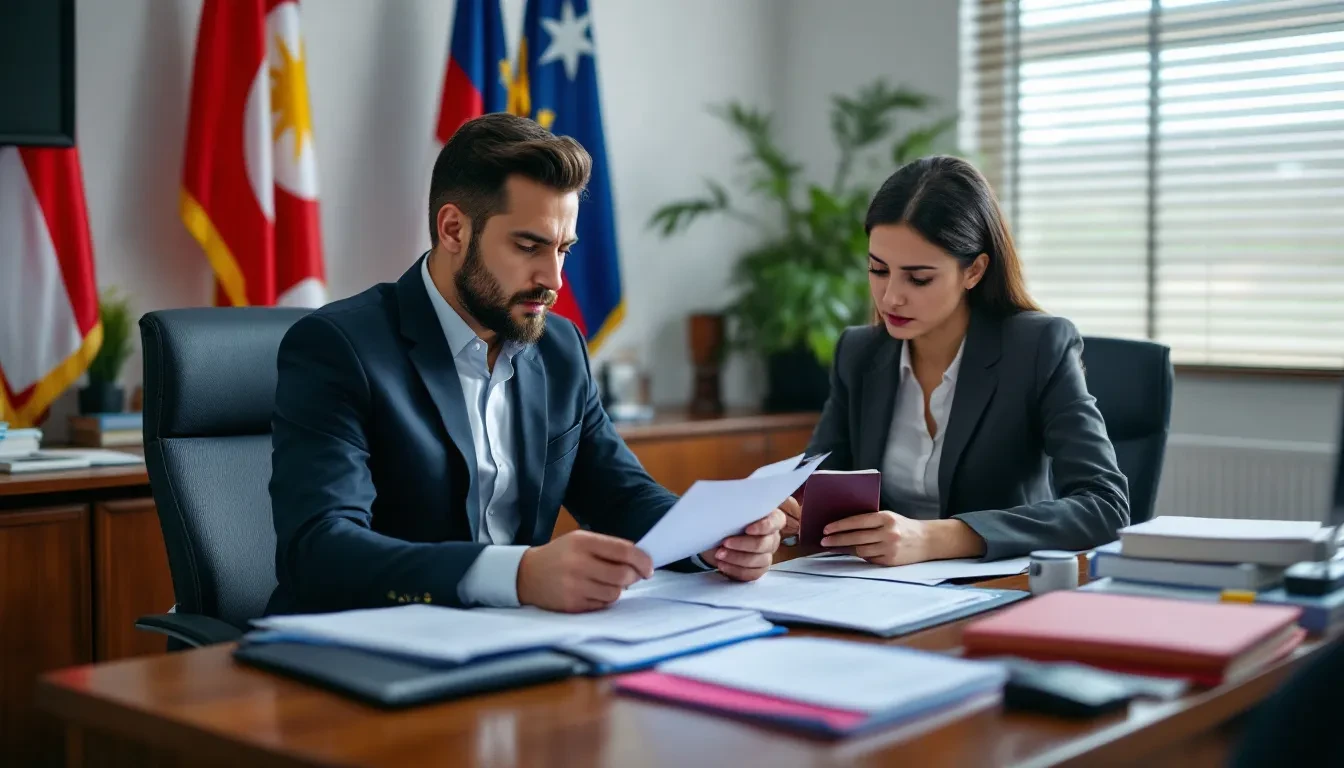
Why Embassies Ask for a Dummy Ticket — And How to Get One That Works
Applying for a visa is stressful enough without second-guessing every document the embassy wants from you. Every consular officer is trained to assess not just the documents you hand in, but the story those documents tell. One request that always catches travelers off guard is the proof of onward travel. That’s where the idea of a “dummy ticket for visa proof” comes in. If you’ve heard the term before, you might wonder what it actually means, whether it’s safe, and why it’s required in the first place. For more insights, check out our blogs or visit our FAQ page.
Think of a dummy ticket for visa as a real reservation you can use to show your travel plans without locking yourself into a full, expensive purchase before your visa is approved. It’s legal, it’s verifiable, and embassies see it every single day. In this guide, we’ll break down why dummy tickets for visa proof are part of the process, what consulates are really checking for, and how you can stay compliant without wasting money. Learn more about us at About Us.
Table of Contents
- From The Embassy’s Point Of View: What They’re Looking For
- Proof Of Onward Travel: What Counts — And Why It Matters
- Why dummyflights.com Keeps Your Application Compliant
- Why Dummy Ticket Required: Visa Applications With Smart Planning
- Country-Specific Tips for Dummy Tickets
- Frequently Asked Questions About Dummy Tickets
From The Embassy’s Point Of View: What They’re Looking For
Before you put yourself in the applicant’s shoes, it helps to step into the embassy’s. Every consular officer is trained to assess not just the documents you hand in, but the story those documents tell. Every perspective makes it much easier to prepare the right kind of evidence, especially with 2025's emphasis on digital verification.
Why Embassies Ask For Travel Proof
Embassies aren’t asking for your flight or hotel details just to make life difficult. Every consular officer is trained to spot patterns that might suggest a traveler intends to stay longer than allowed or not return at all.
- Risk assessment: A booked itinerary helps the officer see that you’ve thought through your journey and aren’t applying on a whim.
- Intent to return: If you’re applying for a short-stay visa but show no plan for leaving, that’s a red flag.
- Itinerary plausibility: Dates, routes, and accommodations should line up with your stated purpose. A student showing up with a one-day stay in Paris looks suspicious.
- Preventing misuse: Proof of travel discourages applicants from applying for visas with vague or false intentions.
Think of it like showing your homework. The better it’s organized, the less likely the embassy is to doubt your case, particularly in high-volume 2025 applications.
Types Of Travel Evidence Consulates Accept
Embassies usually give you some flexibility in the kind of travel proof you can submit. But each option has its own strengths and limits, updated for modern digital checks.
- Flight reservations: These are the most common and show a real booking with dates, routes, and passenger names. The strength is clarity; the weakness is that they’re temporary by design.
- Hotel reservations: Useful to show where you’ll stay. They demonstrate stability, but don’t always prove when you plan to leave.
- Full itineraries: Some applicants add day-by-day schedules. These can help for student exchanges or cultural trips, but risk looking artificial if they’re too detailed.
- Onward or return proof: Airlines or travel agencies provide reservations that show your exit from the destination country. This is often the most important piece for short stays.
- Travel insurance: Not a substitute for tickets, but many consulates check for it. It shows you’re prepared for emergencies.
The trick is to use a mix that matches your situation without raising unnecessary questions.
How Embassies Verify Flight Reservations
When you hand over a flight reservation, the consular officer doesn’t just glance at the paper. They check the details against real systems, often via automated tools in 2025.
The backbone of verification is the PNR, or Passenger Name Record. This code links directly to the airline or booking system. By typing it in, the officer can see whether your reservation exists, whether it matches your name and dates, and whether it’s active. If there’s no PNR, the document won’t pass a serious check.
Beyond the PNR, officers look at:
- Passenger names: These must match your passport exactly.
- Travel dates: They should fit your visa request. Asking for a 30-day visa but showing a 90-day booking raises alarms.
- Routes and transit points: Consulates check if you’re routing through countries that might need an extra visa.
- Class and flight numbers: Small details that show the reservation is real, not made-up.
Formatting matters too. A clear PDF with the reservation number, airline name, and itinerary saves everyone time. A blurry screenshot from your phone makes officers doubt the document’s authenticity, even if it’s technically correct.
Common Applicant Mistakes And Red Flags
Plenty of applicants fail not because they lack documents, but because they hand in sloppy ones. Here are the mistakes that stand out:
- Mismatched names: Always double-check spelling against your passport. Even one extra letter can cause rejection.
- Inconsistent dates: Hotel booking says June 5–10, but the flight is June 8–15. Officers immediately notice.
- Low-quality screenshots: Grainy or cropped images look careless. Always submit a crisp PDF.
- Altered PDFs: Some applicants try to edit tickets themselves. Consulates spot this in seconds, and it can get you blacklisted.
- Contradictory itineraries: Submitting multiple reservations with conflicting routes only makes the officer question your intent.
If you keep documents clean and consistent, you’ll avoid being lumped in with careless applicants.
Country-Specific Expectations
Not every embassy weighs travel proof the same way. Some are stricter, others more flexible. Here are a few patterns you should know for 2025:
- Schengen area: They almost always want both flight and hotel reservations, plus travel insurance. A round-trip is the safest bet here. For more details, visit Schengen Visa Info.
- United Kingdom: Officers look closely at whether your return flight is realistic, given your purpose, like studies or family visits. They don’t always ask for hotel bookings if you’re staying with family, but you’ll need proof of accommodation.
- United States: The focus is less on reservations and more on your ties at home. Still, clear travel dates with a return flight strengthen your case.
These examples aren’t exhaustive, but they show why you should never assume all embassies treat travel proof the same. Always check the specific consulate’s checklist before applying.
How To Prepare A Clean Submission Package
Once you’ve gathered your documents, present them in a way that makes the officer’s job easy. Here’s a quick checklist:
- Save all files as clear PDFs, not phone photos.
- Use filenames like “Flight_Reservation_YourName” instead of random downloads.
- Print on clean A4 paper, single-sided.
- Keep dates, names, and routes consistent across all documents.
- Organize them in the order listed on the embassy’s application guide.
A clean package shows respect for the process. It also makes the officer’s decision quicker and smoother in your favor.
Proof Of Onward Travel: What Counts — And Why It Matters
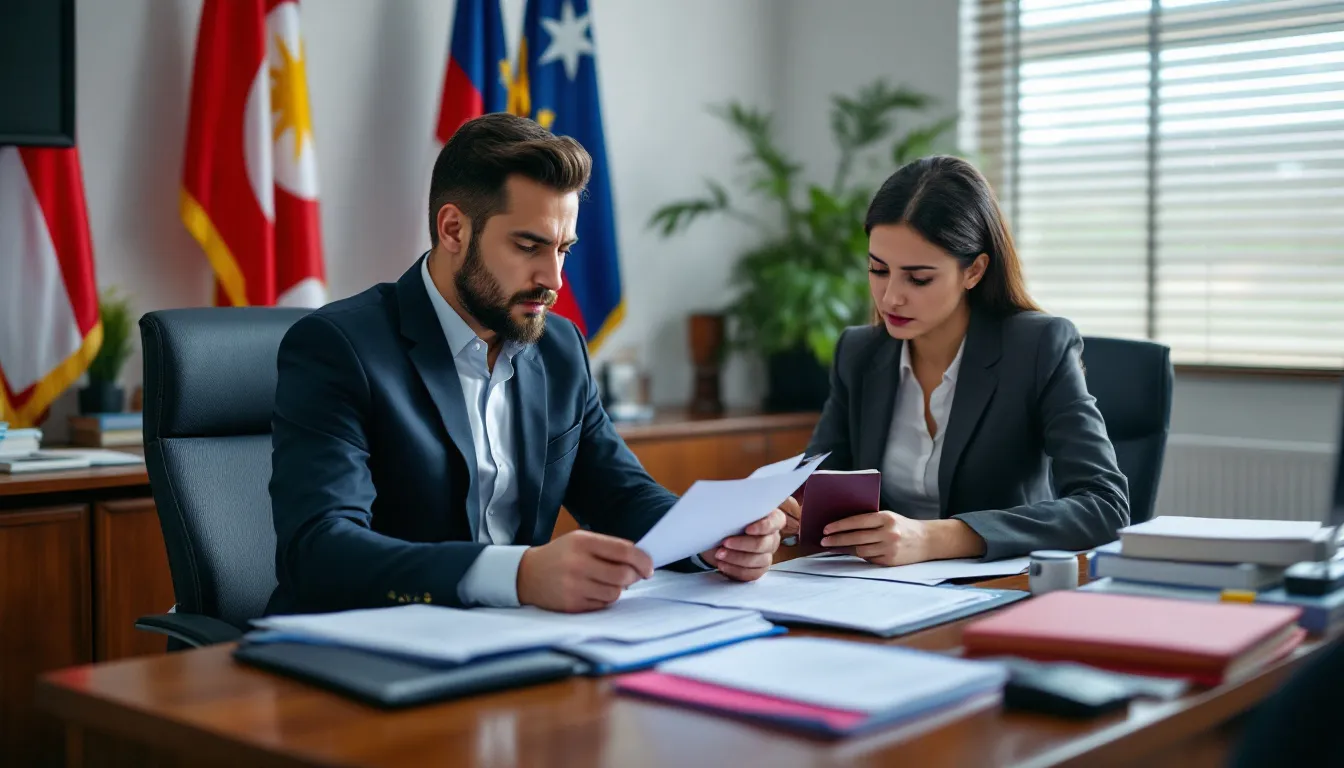
If there’s one piece of evidence that confuses travelers most, it’s proof of onward travel. Some people think it means a return ticket. Others believe any flight confirmation will do. The truth sits somewhere in the middle, and embassies pay close attention to how you present it. Let’s break it down clearly so you know exactly what’s expected, with 2025 trends in view.
Onward Travel Vs. Return Airline Ticket
An onward ticket shows that you’re leaving the country you’re applying to enter. That might mean heading back home, or it could mean traveling to a third country.
A return ticket specifically shows that you’re going back to your home country after your stay.
- Tourists usually submit return tickets.
- Long-term travelers or digital nomads often provide onward tickets that lead to another destination.
Embassies don’t mind which one you use, as long as the document proves you won’t stay beyond your visa.
Accepted Forms Of Onward Proof
Not all onward documents carry the same weight. Embassies recognize several formats, and each has pros and cons.
- Flight reservations: These are the most common. They provide your name, PNR code, travel dates, and destination. Strong because they’re verifiable, but temporary by nature.
- E-tickets: A paid, issued ticket offers the strongest proof, but it comes with risk. If your visa is denied, you lose money on cancellations or date changes.
- Confirmed itineraries: These can be printouts from travel agencies or booking platforms. They work when they’re tied to a PNR or booking number, but generic drafts without verification hold little value.
- Bus or train tickets: Accepted in some regions, especially within the EU. Not as strong as flights but sometimes sufficient for regional consulates.
- Third-party verification systems: Some consulates can log into airline databases or booking systems directly. That’s why a proper reservation with a PNR matters — it can be checked instantly.
A good rule is simple: the closer the proof looks to an actual flight you’ll take, the stronger your application.
Why Onward Proof Demonstrates Intent To Leave
For consular officers, onward travel proof answers one critical question: Will this person overstay?
When you show a reservation or ticket with a fixed departure date, you’re proving two things:
- Your trip has an endpoint. The embassy can see when you plan to leave.
- Your story aligns with your documents. If you say you’ll study for three months and your reservation ends at the three-month mark, that’s consistency.
Embassies also look at timing. A flight home one day before your visa expires is strong proof. A ticket for six months later, when your visa is only valid for three months, weakens your case. A dummy ticket for visa proof keeps dates tight — overly long stays invite questions.
In short, onward proof reduces doubt. It makes your intentions clear and minimizes the risk that you’ll vanish into the country without leaving.
Practical Options By Traveler Type
Different travelers need different strategies. Here’s how onward proof works best depending on your situation.
- Students: If you’re heading abroad for studies, embassies expect to see a dummy flight ticket that matches your program dates. A one-year visa with no return plan looks suspicious. A verifiable, flight reservation back home after exams ends strengthens your credibility.
- Short-stay tourists: For vacations, a round-trip reservation works best. If you’re visiting family in France for three weeks, show a return flight within that time. Keep dates tight — overly long stays invite questions.
- Family visitors: If you’re staying with relatives, combine proof of accommodation (an invitation letter or host confirmation) with an onward or return flight. Together, these documents tell a complete story.
- Budget travelers and backpackers: Many prefer open-ended plans. That’s fine, but embassies still want a clear exit. A one-way reservation onward to a cheaper hub city is usually enough to satisfy the requirement.
- Digital nomads and remote workers: Flexibility is your style, but consulates see it differently. Show onward dummy ticket booking that at least covers your visa period. You don’t need to plan every detail, just prove you won’t linger illegally.
Tailor your documentation to your traveler profile. That way, your reservations look natural, not forced.
Transit Visas And Connecting Flight Pitfalls
Onward proof isn’t just about leaving the country — it’s also about how you leave. Many travelers trip up when their itinerary includes connections through countries that require a transit visa.
Here’s how it happens: you book a flight from Bangkok to Paris with a layover in London. If you don’t already hold a UK transit visa, that routing could block your trip entirely.
Embassies know this, so they check your connections carefully. A ticket that requires an extra visa you don’t have makes your entire application weaker.
To avoid these pitfalls:
- Study your full itinerary, not just the start and end points.
- Check if transit visas apply in layover countries.
- Choose routes through airports that allow airside transfer without a visa if you don’t hold one.
- If possible, pick direct flights. They simplify both your travel and your application.
A smooth route makes your onward proof stronger and shows the consulate you’ve done your homework.
Document Examples And A Formatting Checklist
Once you’ve chosen your onward proof, present it in a way that leaves no room for doubt. A clean document speaks louder than a messy one.
Your reservation or ticket should always include:
- Passenger name (matching your passport)
- Flight number and airline
- Departure and arrival airports
- Dates and times
- PNR or booking code
Do this: Save as a PDF, use clear filenames, and print neatly for submission.
Don’t do this: Hand in cropped screenshots, edited Word documents, or multiple conflicting reservations.
When your proof looks professional, you come across as a serious applicant — exactly the impression you want to give.
Why dummyflights.com Keeps Your Application Compliant
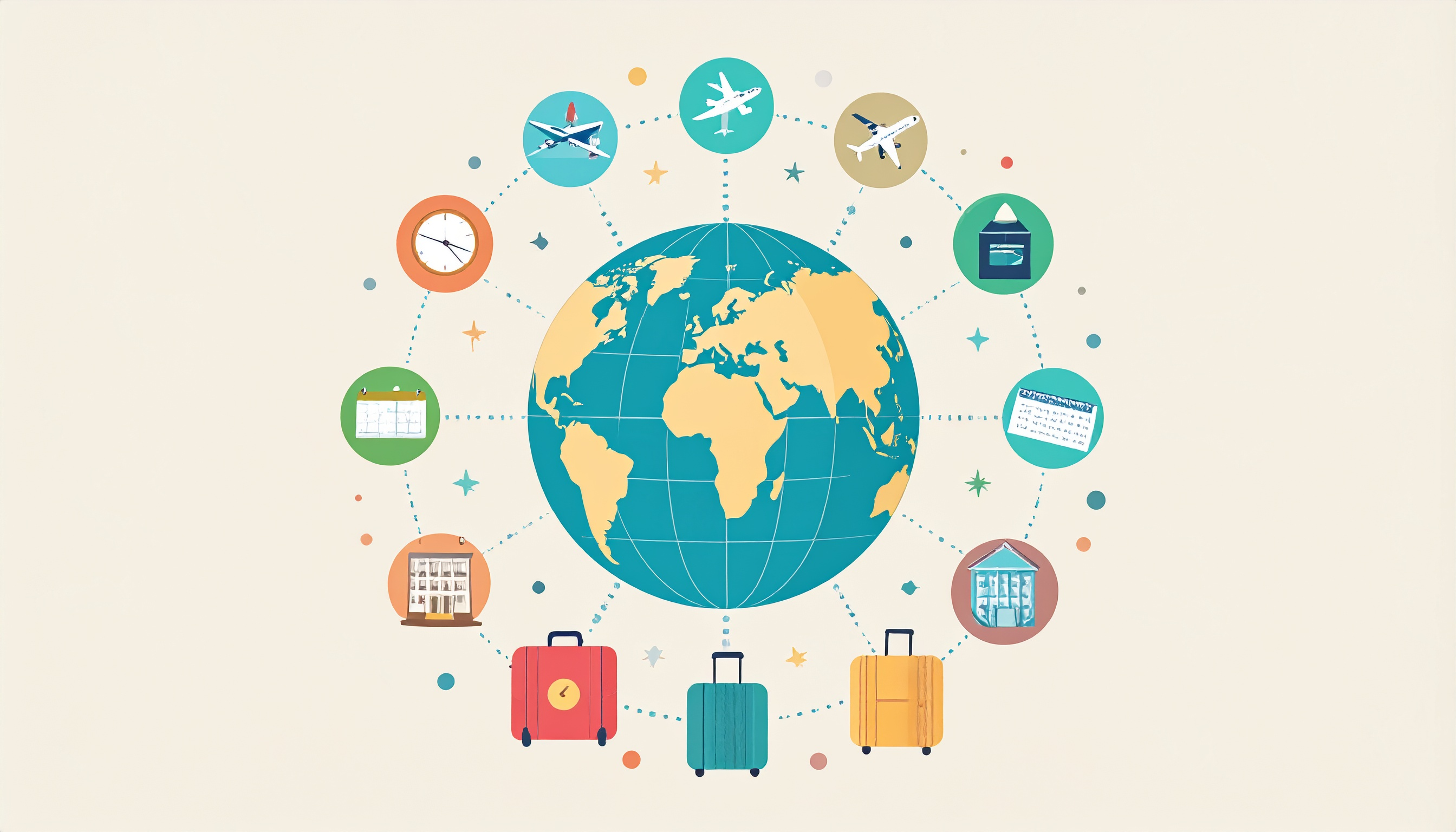
Travelers often wonder if a dummy ticket for visa proof is really safe, valid, and accepted by embassies. At DummyFlights, our entire system is built to answer that concern with one word: yes. What sets us apart is that every reservation you receive is backed by a unique PNR code, directly verifiable on airline websites and global systems. That means no risky shortcuts, no fake documents, and no last-minute surprises at your visa interview.
Here’s how we keep your application compliant and stress-free, with 2025's digital tools in focus.
How Our Reservations Work
The process is designed for speed and simplicity.
- Search & Input Travel Details: You begin by entering your route, travel dates, and basic information. Whether it’s for a short holiday, a Schengen visa application, or a long-term study program, the process is identical.
- Select Service Type: Choose whether you need a single temporary flight reservation, a dummy hotel booking, or a multi-city confirmed flight itinerary.
- Confirm & Pay: Secure checkout ensures your order is processed instantly.
- Receive Instant PDF: Within minutes, you receive a download link. The file contains your name, dates, route, and a valid reservation number.
That PDF is not just a placeholder. It’s an actual flight ticket reservation linked to a global airline system, ready to serve as strong visa application proof.
PNR Verification: How Embassies Can Confirm Your Booking
Every reservation created by DummyFlights comes with a PNR (Passenger Name Record). Think of it as the digital fingerprint of your booking. It ties together your name, travel dates, routing, and airline in one coded record.
Here’s how it works for your visa application process:
- Airline System Check: Embassies and visa officers can input your PNR directly on airline websites (for example, with Singapore Airlines, Air India, United Airlines, or Air Canada) to confirm that your reservation exists.
- Global Distribution Systems: Many visa offices also use tools like Amadeus or Sabre, where your unique record appears as a legitimate reservation.
- Cross-Check at Visa Interview: When asked for flight proof, you provide a printed PDF. Officers check the PNR, see the confirmed booking, and move on without delays.
This system is why dummy tickets work. Because they’re tied to real flight reservations, your visa documents hold up under scrutiny. Without a verifiable ticket, an application risks rejection for not meeting basic visa requirements.
Real Reservations, Not Fake Tickets — Safety, Legality, And Misconceptions
One of the biggest misconceptions is that a dummy flight ticket is a fake ticket. That’s not the case — and it’s important to make the distinction.
At DummyFlights, what you receive is a genuine dummy ticket for visa: a legitimate reservation placed in an airline system for a limited period. It is not a fake or forged document, and it is absolutely legal to use a dummy ticket for visa purposes.
Here’s why:
- Legality: The legal framework is clear. Immigration authorities and visa consultants know that a temporary flight reservation is a standard part of the visa application process.
- Safety: You avoid financial risk. Instead of purchasing a fully paid airline ticket and risking visa denial, you hold a valid reservation until your visa approval.
- Transparency: Embassies understand the difference between confirmed flight reservation records and fully paid ticket purchases. Both count as acceptable visa application proof.
We never issue fake documents. Instead, we provide real flight reservations that are dummy tickets valid for exactly what consulates expect — compliance, clarity, and honesty.
When To Use A Reservation Versus Buying Final Tickets
The choice between a confirmed flight reservation and an actual flight ticket comes down to timing.
- Before Visa Approval: Always use a dummy ticket for visa. This keeps you protected from non-refundable ticket losses while still showing visa officers that you respect visa rules.
- After Visa Approval: Once your visa is granted, move to a fully paid ticket or non-refundable ticket only if you’re sure of your dates. At this stage, an actual ticket guarantees travel, but you’ve already passed the risky approval stage.
Think of reservations as your shield during the visa application and actual ticket purchases as your final step once success.
Policies, Pricing, And Turnaround You Should Know
Our service is straightforward: no hidden terms, no confusing fine print. Here are the essentials:
- Instant Delivery: Get your booked flight itinerary or dummy air ticket PDF within minutes.
- Unlimited Changes: Change dates or routes without cancellation fees.
- Affordable Pricing: Starting from $15 per air ticket booking or hotel reservation. Multi-city confirmed booking requests are available at a small extra charge.
- Clear Documents: Every PDF includes passenger details, flight booking numbers, and travel details consistent with visa requirements.
- Customer Support: Quick responses for urgent embassy deadlines.
These policies ensure your dummy ticket experience is smooth and predictable, making it easier to focus on the rest of your visa application documents.
Case Studies:
- Last-Minute Appointment: A traveler in need of a Schengen visa application was given a 24-hour notice for an embassy visit. With DummyFlights, they used a dummy ticket legal option and received a verifiable ticket instantly. The visa officers confirmed the record in the airline system and accepted the file without issue.
- Student Example: A student applying for long-term study abroad wanted to avoid buying a fully paid ticket too early. By submitting a legitimate dummy ticket with travel dates aligned to their course, they avoided financial risk and secured visa approval.
In the world of visa documents, clarity and compliance matter more than anything. DummyFlights provides legitimate reservations that work across embassies, from Schengen visa offices to global consulates. Whether you’re preparing for a visa interview, worried about visa rejection, or just seeking flight proof that keeps your budget safe, our solution delivers.
With DummyFlights, you don’t gamble with fake tickets, forged documents, or costly mistakes. You use a real ticket record with a verifiable, genuine dummy ticket designed to meet global visa requirements.
👉 Order your dummy ticket for visa today
Why Dummy Ticket Required: Visa Applications With Smart Planning
When it comes to visas, embassies want clarity and commitment without forcing you to risk money on non-refundable tickets. That’s why dummy tickets for visa make sense — they’re safe, verifiable reservations that embassies can check instantly, and they give you time to finalize plans only after your visa approval. Whether you’re a student, a family visitor, or a digital nomad, a clean reservation helps you avoid delays, questions, or worse, visa denial.
At DummyFlights, we make this step simple with documents that are embassy-ready within minutes. Order your required dummy ticket instantly with DummyFlights and step into your visa interview with confidence.
Frequently Asked Questions About Dummy Tickets
What is a dummy ticket for visa and why is it needed for visas?
A dummy ticket for visa is a temporary, verifiable flight reservation used as proof of travel for visa applications. Embassies require it to ensure applicants plan to leave the country, reducing overstay risks. It’s legal and accepted worldwide.
Is a dummy ticket for visa legal for visa use?
Yes, dummy tickets for visa are legal when they’re genuine reservations with PNR codes. They differ from fake tickets and are recognized by consulates as valid proof.
How do I verify a dummy ticket for visa?
Use the PNR code on the airline’s website or global systems. Embassies do the same to confirm authenticity.
Can I change dates on a dummy ticket for visa?
Services like DummyFlights offer unlimited changes without fees, allowing flexibility during visa processing.
What if my visa is denied after using a dummy ticket for visa?
You avoid losing money on full tickets. Simply let the reservation expire or reuse it for reapplication.
What Travelers Are Saying
More Resources
Related Guides
About the Author
Visa Expert Team - With over 10 years of combined experience in travel documentation and visa assistance, our team at dummyflights.com specializes in creating verifiable travel itineraries. We’ve helped thousands of travelers navigate visa processes across 50+ countries, ensuring compliance with embassy standards.
Trusted Sources
Important Disclaimer
While our dummy tickets with live PNRs are designed to meet common embassy requirements, acceptance is not guaranteed and varies by consulate or country. Always verify specific visa documentation rules with the relevant embassy or official government website before submission. dummyflights.com is not liable for visa rejections or any legal issues arising from improper use of our services.


